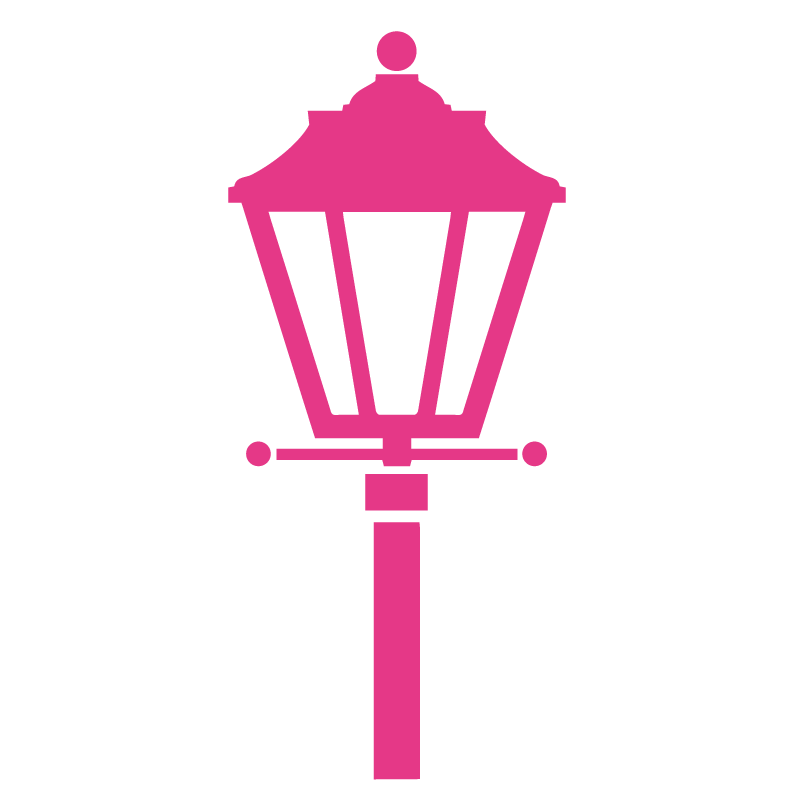Vegetable Gardening 101 – For Newbies
- Jen Bedard

- Apr 11, 2019
- 2 min read
Updated: Dec 6, 2019

If you are like most folks, you probably do a great deal of your gardening in the produce section of your favourite grocery store. But for others, a great deal of satisfaction can be achieved from planting and growing food to eat from your very own garden. It may sound like a lot of work, and I suppose it is in a way, but when you know the basics, you stand a better chance at success.
Here are some of what I consider the basics of vegetable gardening:
1 – Location, Location, Location
As a realtor I hear this all the time. With a garden, it is also true. The right location in your yard will have a huge impact on the results at harvest time. There are four main things to consider when choosing a location for your garden. They include: Convenience (can you access the area easily?), Sun (will there be maximum sun exposure daily?), Drainage (can excess water move away from the area freely?) and Soil (is the soil correct for the crops you plan to grow?).
2 – The Vegetable Selection
What do you plan on growing in your garden? You will need a bit of a plan as to what vegetables you want. Plus, you should only plant those that will grow well in your area. To help you figure this out, ask at a local garden centre for advice. My top five most successful vegetables have been: Cabbage, Zucchini, Squash, Eggplant and Tomatoes. I know, a couple of those aren’t technically vegetables, but you get the idea. These are your best bets as a beginner, but you can try many others depending on your taste in veggies.

3 – Layout the Garden
Unless you plan to grow a lot of tall stalked vegetables, you can lay out your garden quite simply. Rows work best and be sure to follow the spacing instructions on the back of your seed packs. That way you can designate a few rows here for something and a few rows there for something else. Once you section out all the space you plan to use as a garden, you’ll be set for planting.
4 – Soil Prep
Now here’s the dirt on soil. Before you start planting, your soil needs to have the right pH. You may need to take soil samples to a garden shop and get some advice on what to do. In most cases a specific type of fertilizer can be all you’ll need to feed the proper nutrients into the garden soil. You’ll just have to remember to mix it into the soil thoroughly, and you can use a garden mixer for that task to save your back. It may sound complicated, but it really isn’t. With good soil comes good results.
Since We’re Talking About Results…
Looking to move to or within the Niagara Region? I can help you locate the perfect property for your next garden. I’d love to hear what you would plant in yours. Call me today at 289-213-7031. Let’s talk.










Comments